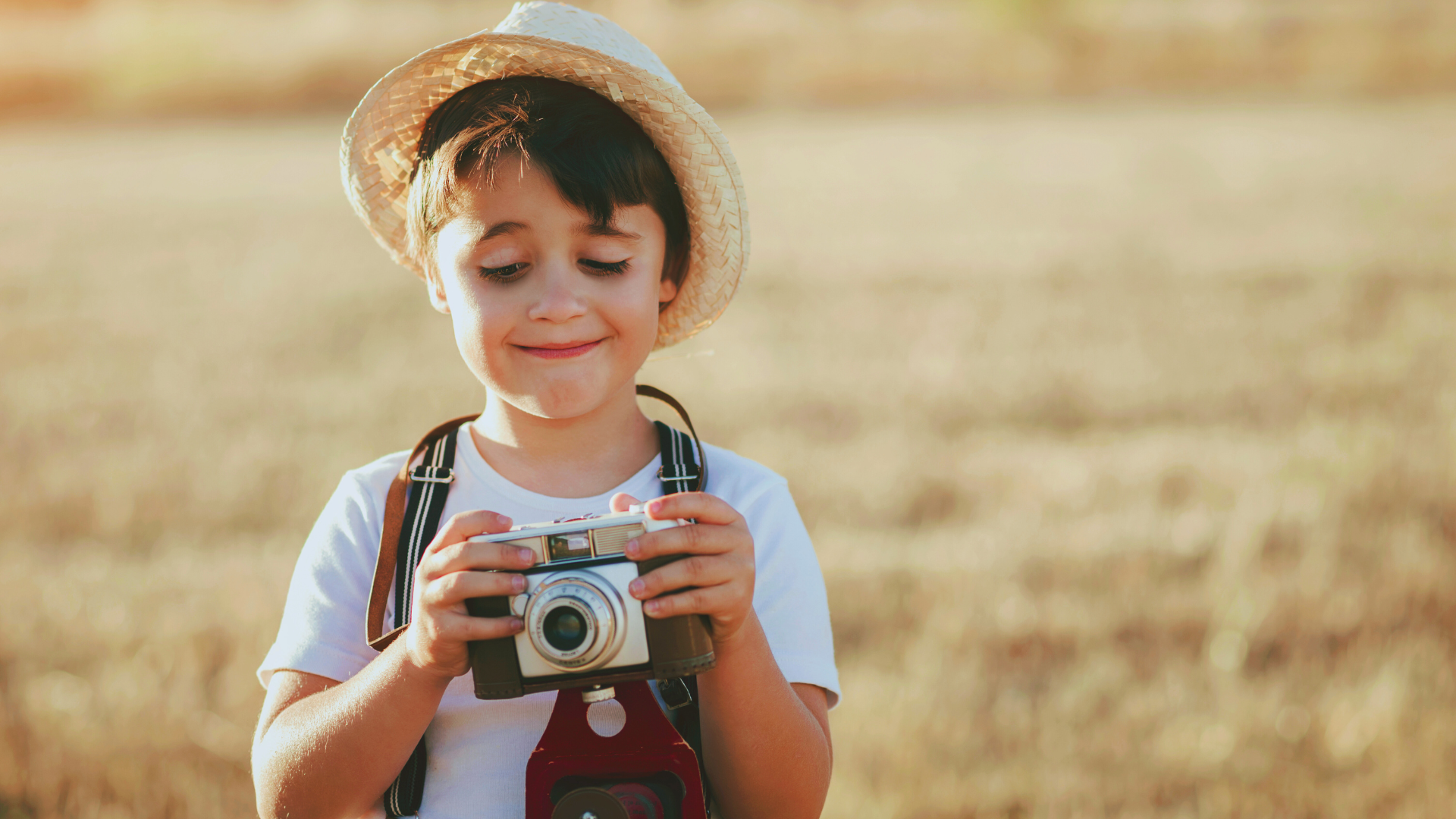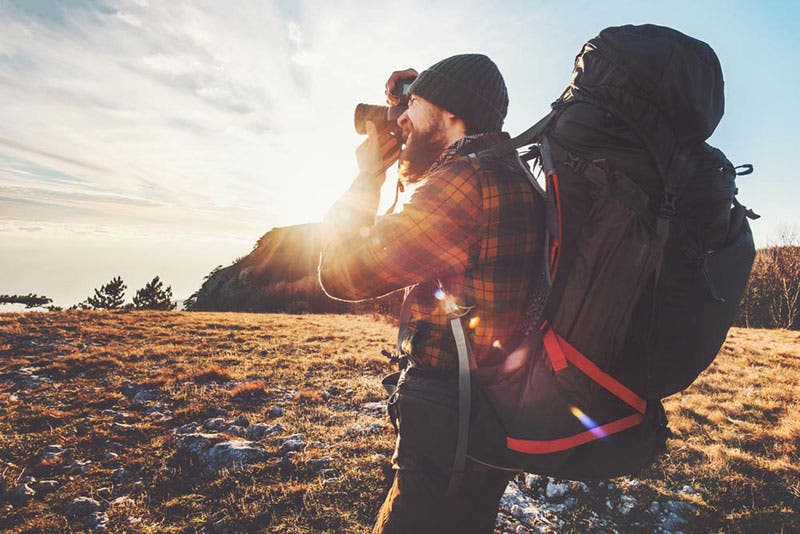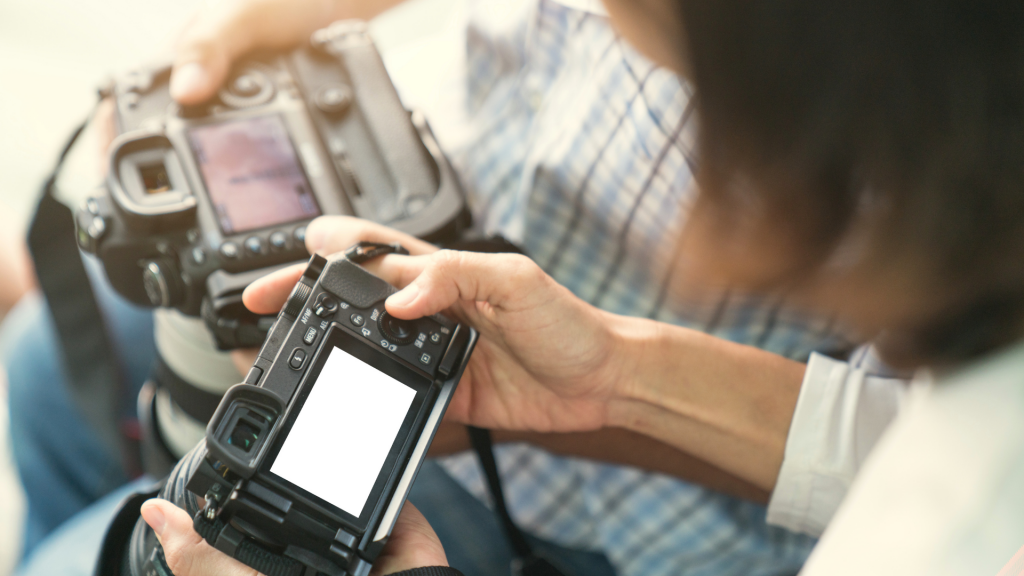The rise of social media has fundamentally transformed the landscape of photography. Photographers now have instant access to a vast audience, allowing them to showcase their work widely without traditional barriers. This accessibility not only enhances visibility for individual photographers but also influences trends and styles in contemporary photography.
Platforms like Instagram and Pinterest have shifted the way people perceive and engage with visual content. Photographers adapt their techniques to cater to the specific requirements of these platforms, embracing user-generated content and the importance of aesthetics. As a result, the photography industry has seen an explosion of diverse voices and creativity.
Additionally, social media fosters community and collaboration among photographers. Networking opportunities abound, leading to partnerships and even mentorships that enrich the craft. This interconnectedness encourages the sharing of knowledge and techniques, ultimately elevating the art form in the digital age.
Evolution of Photography in the Social Media Era
The rise of social media has transformed photography significantly. Photographers now share their work on platforms like Instagram, Facebook, and Snapchat. This shift has led to new styles and trends in visual storytelling.
Photography is more accessible than ever. People with smartphones can capture high-quality images and share them instantly. This democratization has encouraged creativity among users, regardless of skill level.
Algorithms play a crucial role in shaping photographic trends. They determine which images become popular and which stay hidden. Popular hashtags and challenges often influence what types of photos are taken, encouraging experimentation.
The connection between photography and branding has also evolved. Influencers and businesses utilize striking visuals to engage audiences. This has resulted in a greater emphasis on aesthetics and thematic consistency in photography.
Key Influences:
- Filters and editing tools: Users often enhance their photos for a polished look.
- Storytelling: Visual narratives have become a staple, with users seeking to convey messages through their images.
- Collaboration: Photographers frequently collaborate with brands or other creators for exposure and reach.
Social media has redefined the relationship between viewers and photographers. Audiences now engage more with images, providing immediate feedback and interaction. This dynamic encourages photographers to adapt and evolve continuously.
Influence on Photography Aesthetics and Practices
Social media has significantly transformed photography aesthetics and practices. The rise of mobile photography, the self-portrait phenomenon, and enhanced editing tools have reshaped how individuals create and consume images.
Shift Towards Mobile Photography
The transition to mobile photography is marked by the ubiquity of smartphones equipped with high-quality cameras. Users can capture images quickly and share them instantly on platforms like Instagram and Snapchat. This accessibility has democratized photography, allowing everyone to become a content creator.
Mobile photography often emphasizes spontaneity over meticulous composition. Users focus on capturing moments in real time rather than setting up elaborate shots. This results in a distinct aesthetic that prioritizes authenticity and immediacy.
Rise of the Selfie Culture
Selfies have become a defining feature of modern photography. They allow individuals to craft their personal narratives and share them with a global audience. This has led to the emergence of various selfie styles, including portraits, group shots, and even staged environments.
Platforms encourage users to curate their profiles through self-portraits, influencing how individuals perceive themselves and others. There is a notable connection between selfies and concepts of self-expression and identity. This culture fosters creativity but can also contribute to issues related to self-esteem and body image.
Prevalence of Photo Editing Apps
The availability of photo editing apps has transformed the post-processing stage of photography. Tools such as Lightroom, Snapseed, and VSCO have made editing accessible to all users. These apps offer features like filters, cropping, and exposure adjustments that enhance images quickly.
Editing apps facilitate the creation of visually striking content tailored to online platforms. This drive for perfection can influence trends, as specific styles or color palettes gain popularity. The ease of editing invites users to experiment, fostering considerable creativity while also raising questions about authenticity and the manipulation of reality in images.
Impact on Professional and Amateur Photographers
Social media has significantly influenced both professional and amateur photographers by creating new opportunities and challenges. It reshapes how photographers connect with audiences and market their work.
Changes in Professional Opportunities
The rise of social media platforms has opened various avenues for professional photographers. They can showcase portfolios, reach larger audiences, and engage with potential clients directly.
Freelancers often find gigs through platforms like Instagram and LinkedIn. This direct access can lead to collaborations and projects that might not have been available otherwise.
Additionally, many brands look for influencers with photographic skills for marketing. Photographers can create sponsorship deals, providing them with not only visibility but also financial opportunities that were less accessible before.
Amateur Photographers’ Visibility and Challenges
For amateur photographers, social media serves as a double-edged sword. It allows them to gain visibility and share their work with a global audience through platforms like Facebook and TikTok.
Many amateurs benefit from feedback and engagement on their photos, helping them improve their skills. They can connect with like-minded individuals and communities interested in photography.
However, the saturation of content can make it challenging to stand out. With countless images uploaded daily, amateurs often struggle to gain the recognition they desire. They may also face pressure to conform to trends, which can hinder personal artistic expression.
Ethical Considerations and Privacy Concerns
In the age of social media, ethical considerations in photography have become increasingly significant. Photographers must navigate the fine line between creative expression and respect for individuals’ rights.
Many photographers use social media to share intimate moments or capture daily life. However, consent is essential when photographing people in private spaces. Failing to obtain permission can lead to serious privacy violations.
Social media platforms often demand that users share their images publicly, sometimes without full understanding of the implications. This raises questions about ownership and the uses of shared content.
Key concerns include:
- Informed Consent: Ensure subjects understand how their images will be used.
- Representation: Be mindful of how individuals are portrayed and the potential for misinterpretation.
- Public vs. Private Spaces: Differentiate between what is acceptable in public versus private settings.
Furthermore, the rapid spread of images online can result in unintended consequences, including harassment or exploitation. Photographers should remain aware of the potential impact their images may have on the subjects and other viewers.
Additional points to consider:
- Cultural Sensitivity: Respect cultural norms around representation.
- Attribution: Give proper credit when sharing or using others’ imagery.
By being aware of these ethical and privacy concerns, photographers can navigate the complexities of social media responsibly.




